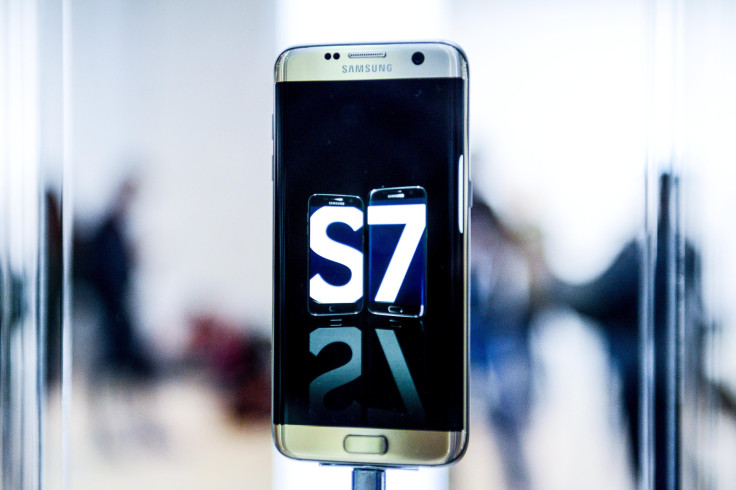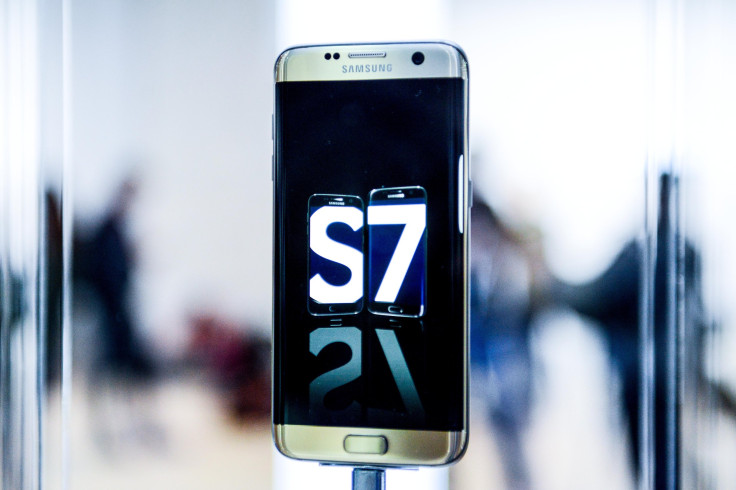Researchers Find Serious Security Flaw In Samsung Galaxy S7 Phones

A Samsung smartphone used by millions around the world is reportedly susceptible to a potentially devastating security flaw. The Samsung Galaxy S7, which is the phone of choice for around 30 million people around the world, can be hacked using the infamous “Meltdown” vulnerability, Reuters reported.
A group of researchers from Graz Technical University in Styria, Austria, were apparently able to exploit the hack on the Galaxy S7, which originally launched in 2016. Samsung, for its part, said it had updated the Galaxy S7’s software twice in 2018 to increase security against Meltdown. The first came in January and the second came in July.
“Samsung takes security very seriously and our products and services are designed with security as a priority,” Samsung told Reuters in a statement.

Meltdown, and a counterpart security exploit called Spectre, have prompted hardware manufacturers to issue security updates to their devices in recent months. In simple terms, Meltdown and Spectre are worrisome because they theoretically allow hackers to get right into a device’s central processing unit (or CPU) and see any data stores in the device, according to PC World.
What makes the two exploits such a concern for the tech world is that they can affect basically any device on the market. They can affect devices with Intel or AMD processors, which power a majority of personal computers and phones. Even Macs are not safe.
The easiest way to keep data secure is to make sure every device is properly updated to the latest version, as device makers have scrambled to patch those holes throughout 2018.
The good news for Galaxy S7 owners is that nobody has reported any Meltdown hacks on that particular phone outside of the Graz research team conducting tests. In fact, there have been no confirmed Meltdown or Spectre attacks.
It is not the first time security flaws have been pointed out in Samsung devices this year. In February, Consumer Reports noted that Samsung smart TVs could be remotely controlled by hackers. Once a hacker got past the security barriers, they could even turn up volume or control what was on the screen.
© Copyright IBTimes 2024. All rights reserved.





















